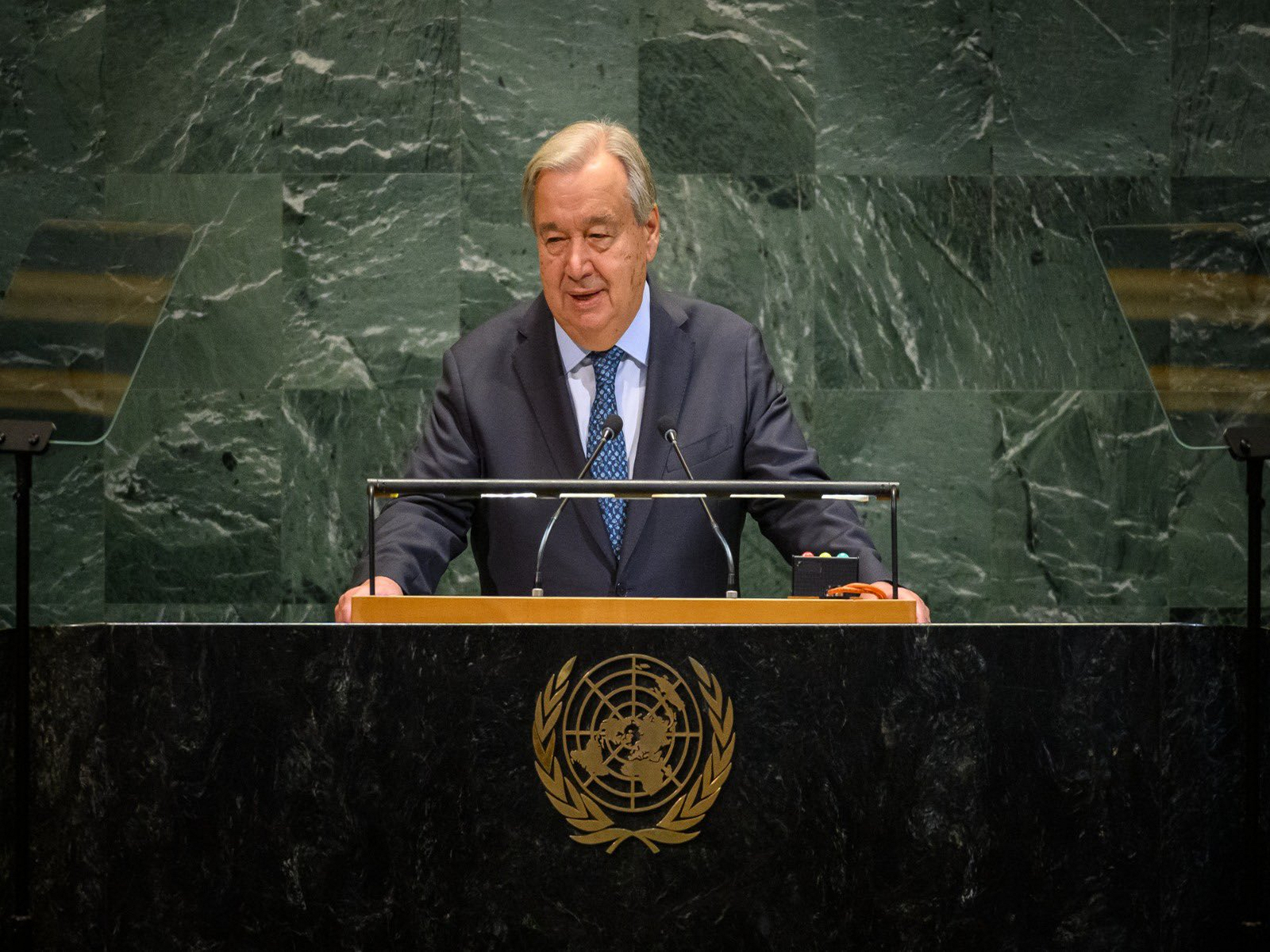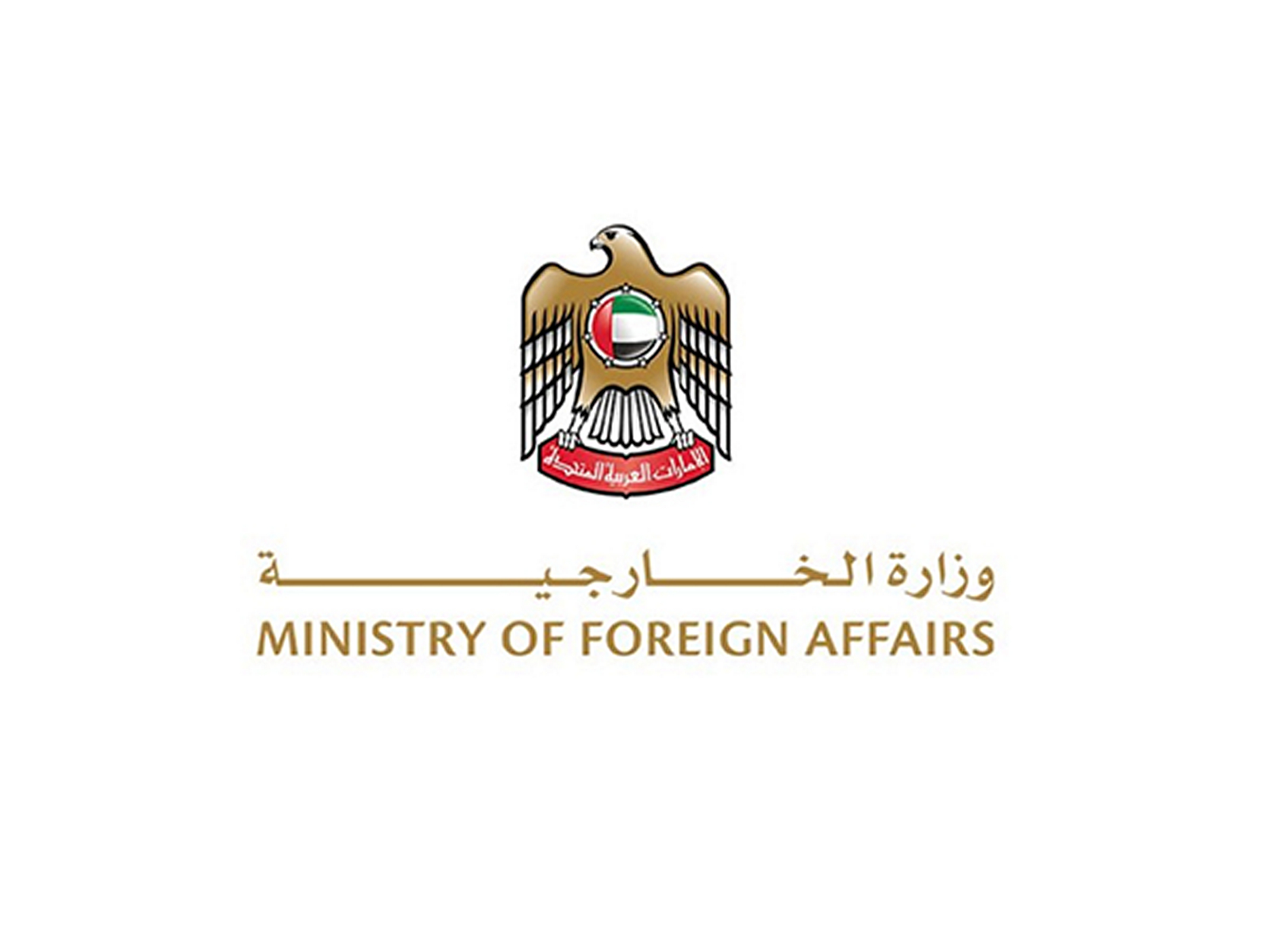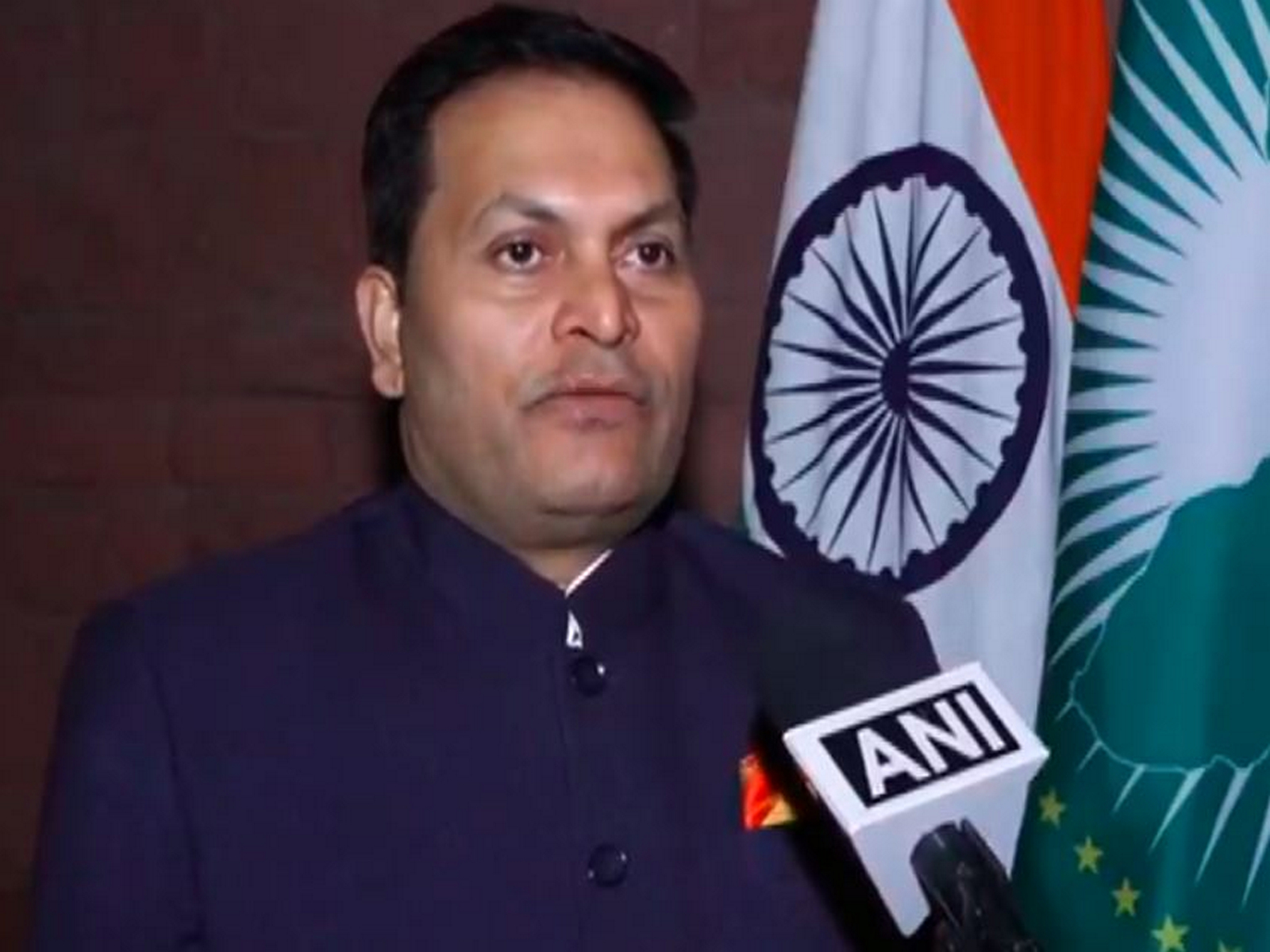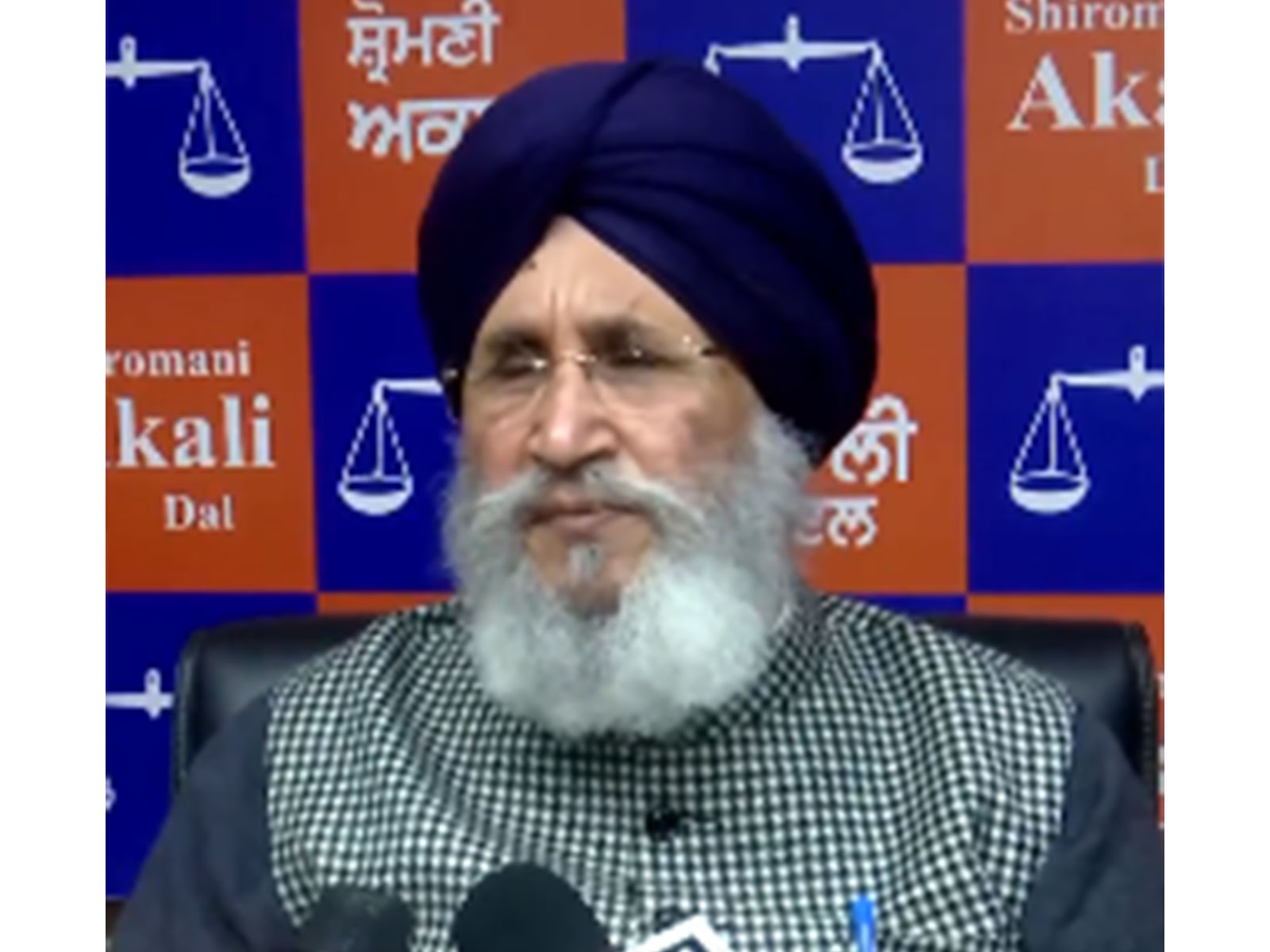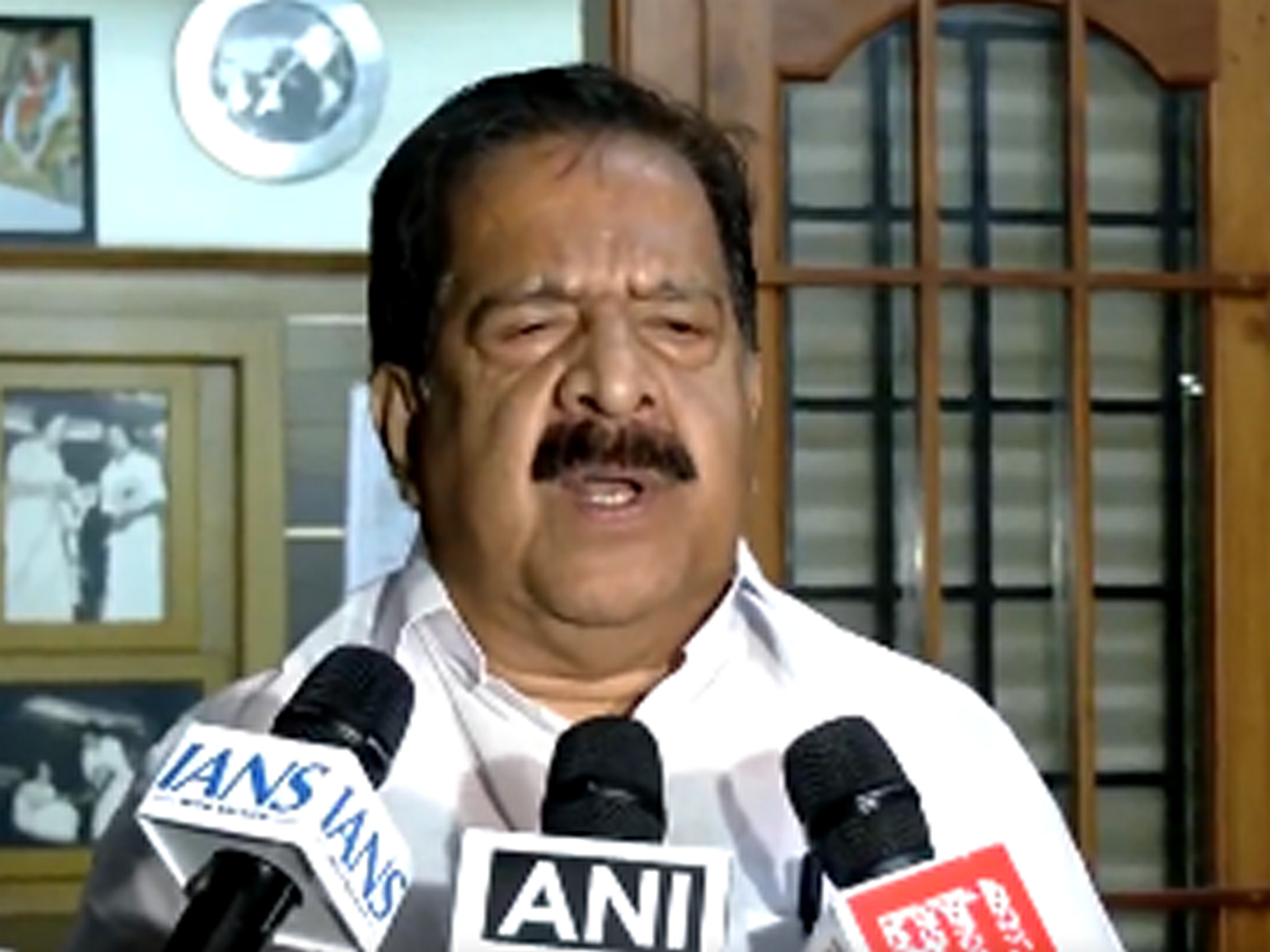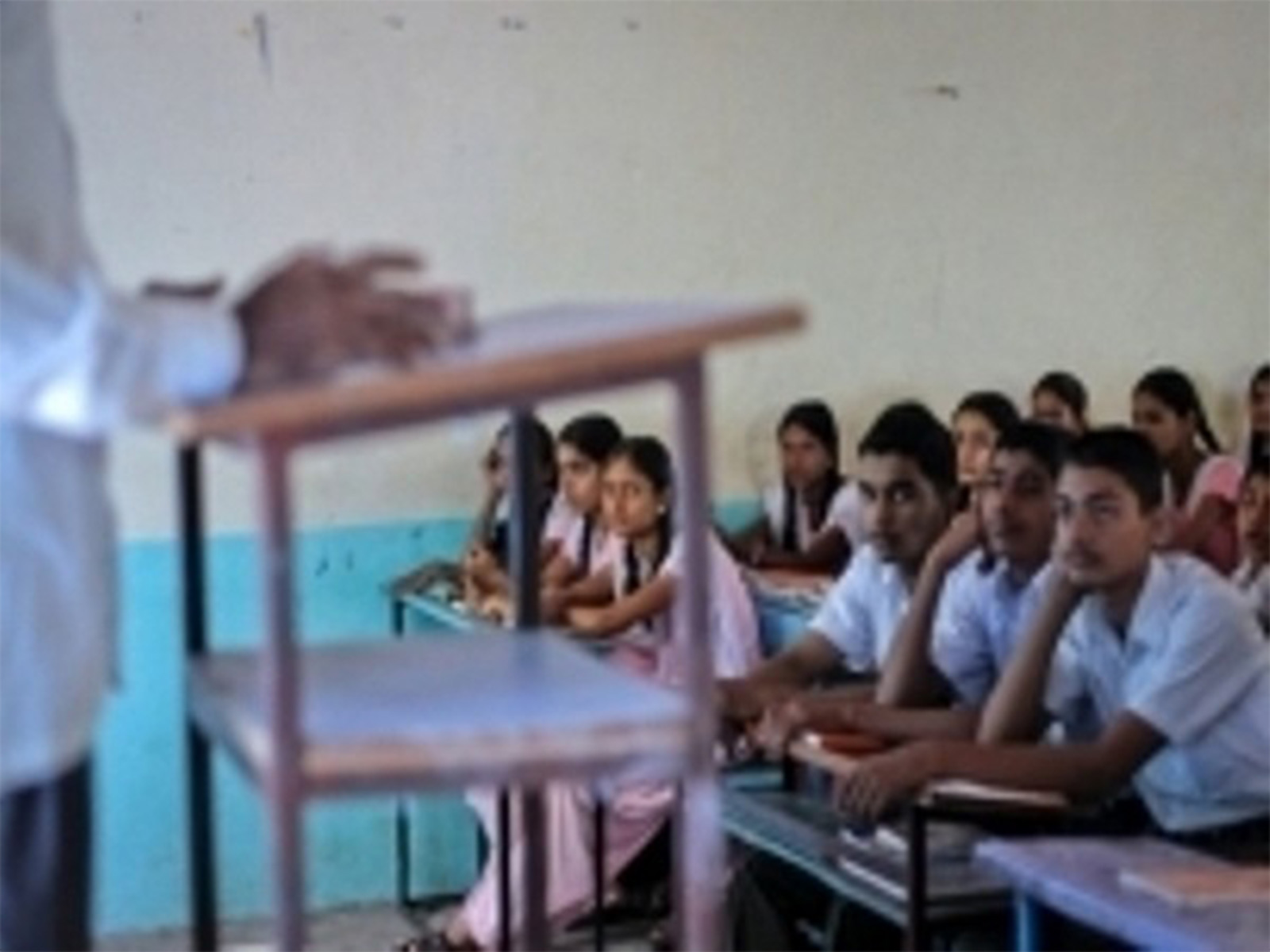I2U2 group will advance hybrid renewable energy project in Gujarat consisting of 300 MW of wind and solar capacity
Jul 14, 2022

New Delhi [India], July 14 : Leaders from Israel, India, the United States and the United Arab Emirates on Thursday stated that they will advance a hybrid renewable energy project in Gujarat consisting of 300 megawatts (MW) of wind and solar capacity complemented by a battery energy storage system.
In a joint statement, Israeli Prime Minister Yair Lapid, Prime Minister Narendra Modi, US President Joe Biden and UAE President Mohammed bin Zayed Al Nahyan said that the US Trade and Development Agency funded a feasibility study for the USD 330 million project.
"The I2U2 Group will advance a hybrid renewable energy project in India's Gujarat state consisting of 300 megawatts (MW) of wind and solar capacity complemented by a battery energy storage system. The U.S. Trade and Development Agency funded a feasibility study for the $330 million USD project," the joint statement read.
It added that UAE-based companies are exploring opportunities to serve as critical knowledge and investment partners.
"Israel and the United States intend to work with the UAE and India to highlight private sector opportunities. Indian companies are keen to participate in this project and contribute to India's goal of achieving 500 GW of non-fossil fuel capacity by 2030. Such projects have the potential to make India a global hub for alternate supply chains in the renewable energy sector," the statement added.
The virtual summit of India, Israel, UAE, and the USA dubbed "I2U2" is projected as the Quad for West Asia. I2U2 aimed to encourage joint investments in six mutually identified areas such as water, energy, transportation, space, health, and food security.
Israel, India, the United States and the United Arab Emirates on Thursday held the first leaders' meeting of the "I2U2" Group and discussed innovative ways to ensure longer-term, more diversified food production and food delivery systems that can better manage global food shocks.
In a joint statement, the heads of the four countries reaffirmed their support for the Abraham Accords and other peace and normalization arrangements with Tel Aviv.
"This unique grouping of countries aims to harness the vibrancy of our societies and entrepreneurial spirit to tackle some of the greatest challenges confronting our world, with a particular focus on joint investments and new initiatives in water, energy, transportation, space, health, and food security," the joint statement read.
"We reaffirm our support for the Abraham Accords and other peace and normalization arrangements with Israel. We welcome the economic opportunities that flow from these historic developments, including for the advancement of economic cooperation in the Middle East and South Asia, and in particular for the promotion of sustainable investment amongst the I2U2 partners," it added.
The leaders of the four nations also welcomed other new groupings of countries, such as the Negev Forum for regional cooperation, which recognized the unique contributions of each partner country, including Israel's ability to serve as an innovation hub connecting new partners and hemispheres to strategically address challenges that are too great for any one country to manage alone.
The leaders also expressed their determination to leverage well-established markets to build more innovative, inclusive, and science-based solutions to enhance food security and sustainable food systems.
"The leaders also welcomed India's interest in joining the United States, the UAE, and Israel in the Agriculture Innovation Mission for Climate initiative (AIM for Climate). They affirmed that these are only the first steps in a long-term strategic partnership to promote initiatives and investments that improve the movement of people and goods across hemispheres, and increase sustainability and resilience through collaborative science and technology partnerships," the statement added.
